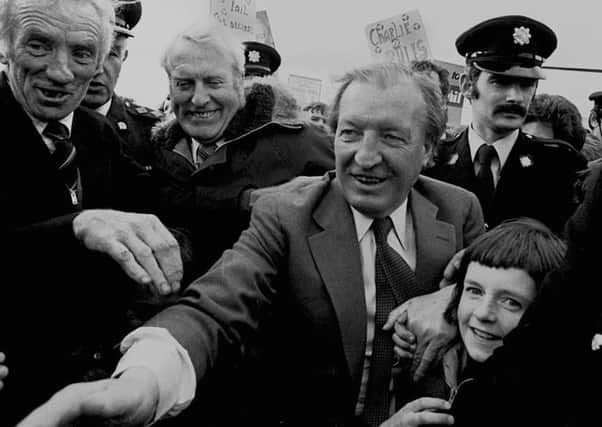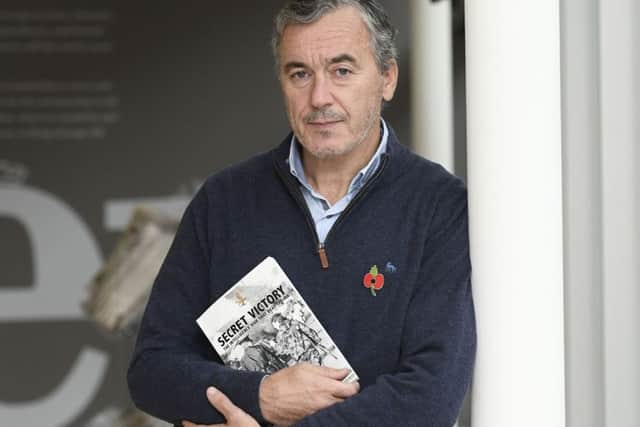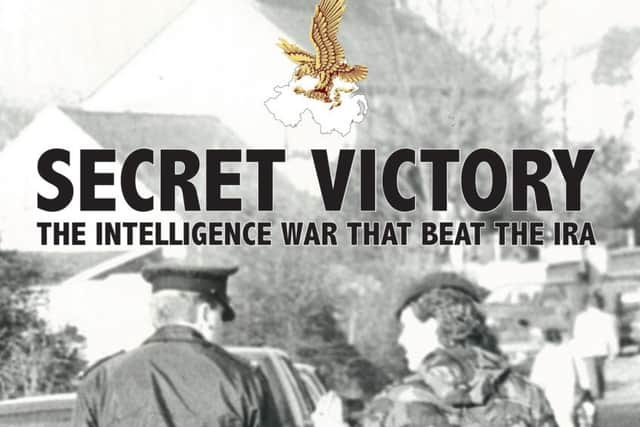'˜Secret Victory' book: '˜Dublin's failings facilitated prolonged IRA campaign'


On the other side the police or military were rarely out. Dublin did not see the IRA as I did. I was clueless about the politics of it all. It was simple stuff in my eyes; Provos were terrorists and their killings were murders.
Despite good personal and professional relationships between police intelligence agencies each side of the border, as one former SB officer wryly observed: “It was all one-way. Very little came back and certainly nothing you didn’t already know.”
Advertisement
Hide AdAdvertisement
Hide AdOf this the Richards Report, Co-ordination of the Security Effort (1981), notes: “Garda shortcomings are sometimes attributed to a combination of a lack of willingness to proceed against PIRA and sometimes a lack of professional capability.”


Besides commending Special Branch the report also links inadequate security policies on the southern side of the border to “very few convictions in the Republic of terrorists from border areas.”
The report also illustrates how politics intruded: “It must not be forgotten that Irish politics play a large part in senior Garda appointments and that the force as a whole is sensitive to changes in political leadership and policy.” Cross-border security co-operation, whilst harmonious, was cosmetic.
The border and the Republic’s territory were major reasons the insurgency lasted as long as it did, not to mention a morally warped interpretation of terrorism preventing almost every extradition request of a terrorist suspect.
Advertisement
Hide AdAdvertisement
Hide AdFor the IRA, the border and territory of the neighbouring state was a strategic asset. Irish criminal courts interpreted IRA terrorism as a political act and not a crime. Extradition refusals were routine


Sympathy for the IRA in the north played out well in the south. After all, it was Northern Ireland and not the Republic of Ireland that was in danger.
Predictably, therefore, Dublin did not consider cross-border security co-operation, particularly between Special Branch departments, a priority. The reverse, it co-operated with burgeoning insurgents. The ‘arms trial’ that accused government ministers Charles Haughey and Neil Blaney of arming northern republican militants in mid-1969 to defend Catholics against Protestant attacks indicates where Dublin’s allegiances and strategic interests sat.
The Republic’s stance encouraged republican militants in the north, showing them that its territory could be used as a safe haven and the border a strategic asset for any terrorist campaign in Northern Ireland. Without this it is unlikely the Provisionals would have got off the ground, and if they did, it would not have been for long. Dublin’s minimalist security approach was crucial to starting and prolonging the Troubles.
Advertisement
Hide AdAdvertisement
Hide AdLack of Garda resources and a lack of political will in Dublin ensured the continuance of a lame security approach against the IRA in the Republic. Since the start of the Troubles no security measure in the Republic corresponded to that in Northern Ireland. An intelligence-led approach was to be no exception.


The Republic showed more appetite to police other borders as part of overseas UN missions than it did its own.
This is not to criticise police, soldiers and prison officers in the Republic, some of whom the IRA also murdered, but successive governments in Dublin.
• ‘Secret Victory: The Intelligence War That Beat The IRA’ by Dr William Matchett – available from www.amazon.co.uk and No Alibis books Belfast priced £12.95.